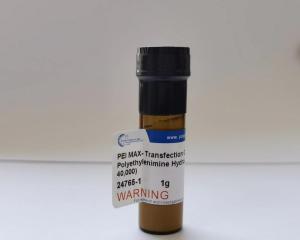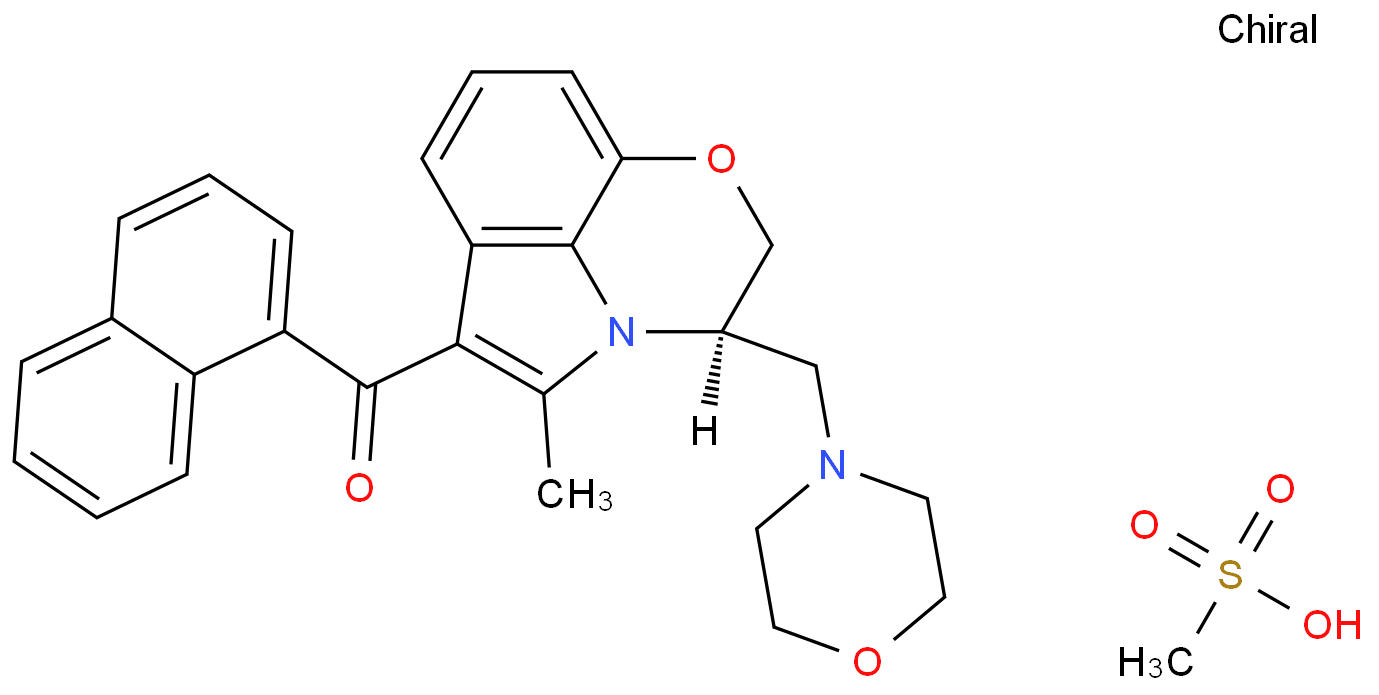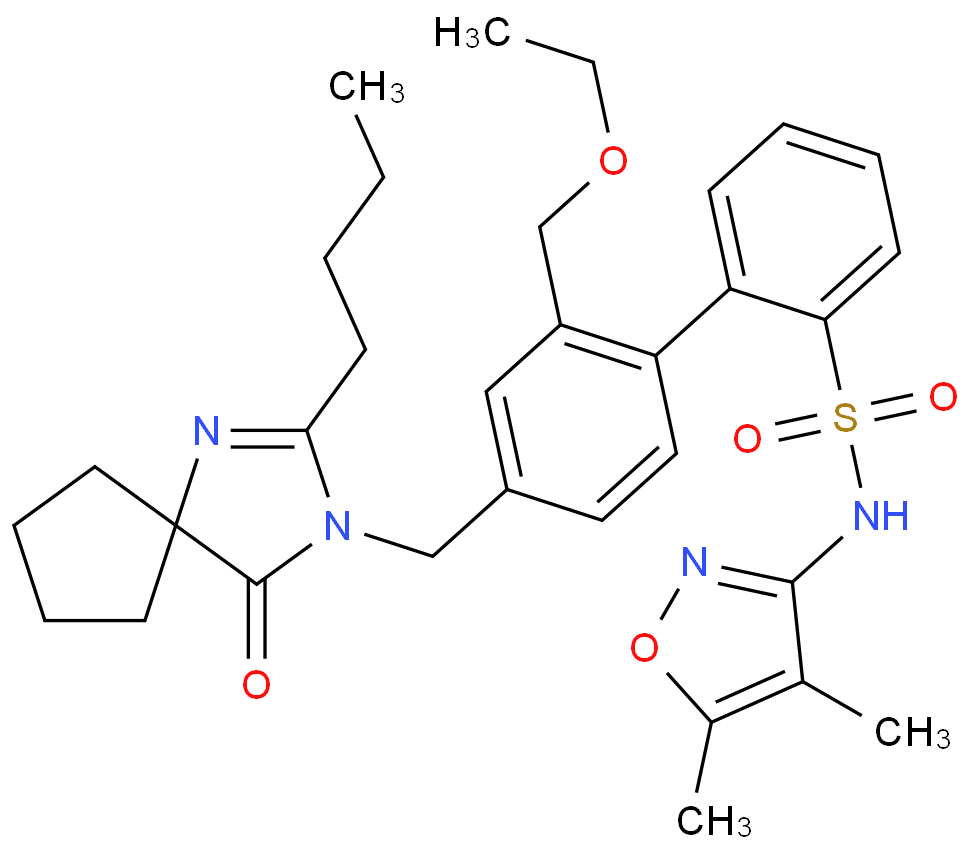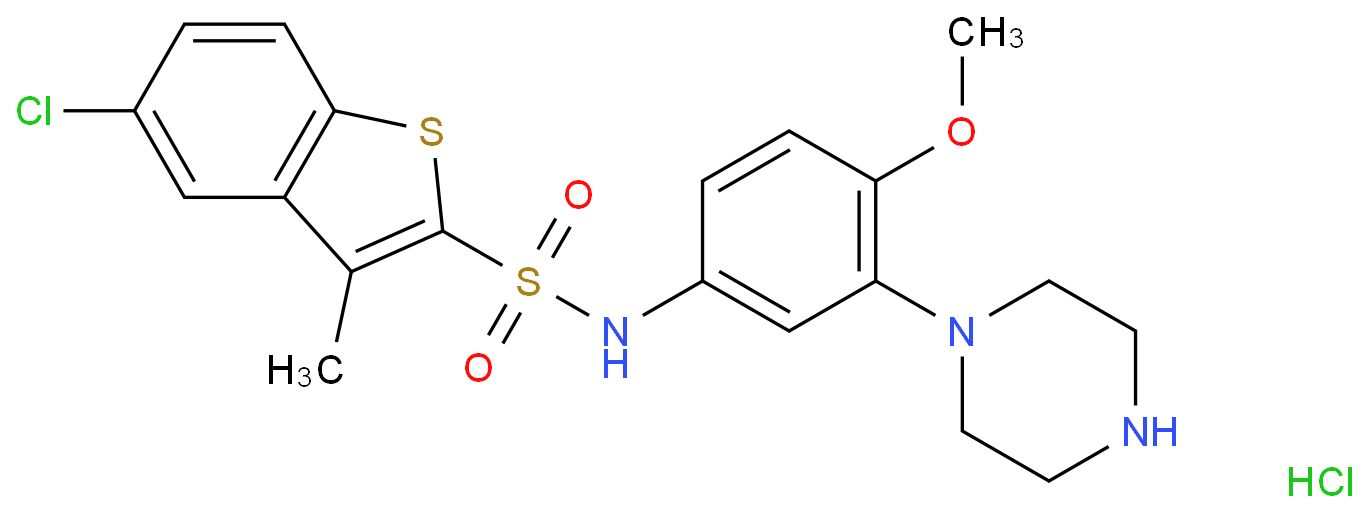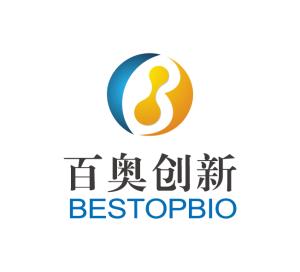
|
- 品牌:InVivoGen
- 產(chǎn)地:國外
- 型號:詳詢
- 貨號:hkb-koalpk
- 發(fā)布日期: 2023-03-31
- 更新日期: 2024-08-12
| 產(chǎn)地 | 國外 |
| 保存條件 | -20℃保存 |
| 品牌 | InVivoGen |
| 貨號 | hkb-koalpk |
| 用途 | 科研 |
| 組織來源 | 詳詢 |
| 細(xì)胞形態(tài) | 詳詢 |
| 是否是腫瘤細(xì)胞 | 是 |
| 保質(zhì)期 | 詳詢 |
| 器官來源 | 詳詢 |
| 免疫類型 | 詳詢 |
| 品系 | 詳詢 |
| 生長狀態(tài) | 詳詢 |
| 物種來源 | 詳詢 |
| 包裝規(guī)格 | 詳詢 |
| 是否進口 | 是 |
Cell Line Stability
Cells will undergo genotypic changes over time resulting in reduced responsiveness in normal cell culture conditions. Genetic instability is a biological phenomenon that occurs in all stably transfected cells. Therefore, it is critical to prepare an adequate number of frozen stocks at early passages. HEK-Blue™ KO-ALPK1 cells should not be passaged more than 20 times to remain fully functional.
HEK-Blue™ KO-ALPK1 cells were generated from HEK-Blue™ Null1-v cells through the stable knockout of the ALPK1 gene. The parental cells derive from human embryonic kidney 293 (HEK-293) cells. HEK-Blue™ KO-ALPK1 cells express a secreted embryonic alkaline phosphatase (SEAP) under the control of an NF-κB inducible promoter comprised of an IFN-β minimal promoter fused to five NF-κB and AP-1 binding sites. Levels of SEAP in the supernatant can be easily determined with HEK-Blue™ Detection, a SEAP detection cell culture medium. Unlike their parental cell line, HEK?Blue™ KO-ALPK1 cells do not respond to cytosolic ADP-Heptose. However, they do respond to other NF-κB inducers such as TNF-α and IL-1β. HEK?Blue™ KO-ALPK1 cells are resistant to Zeocin™

